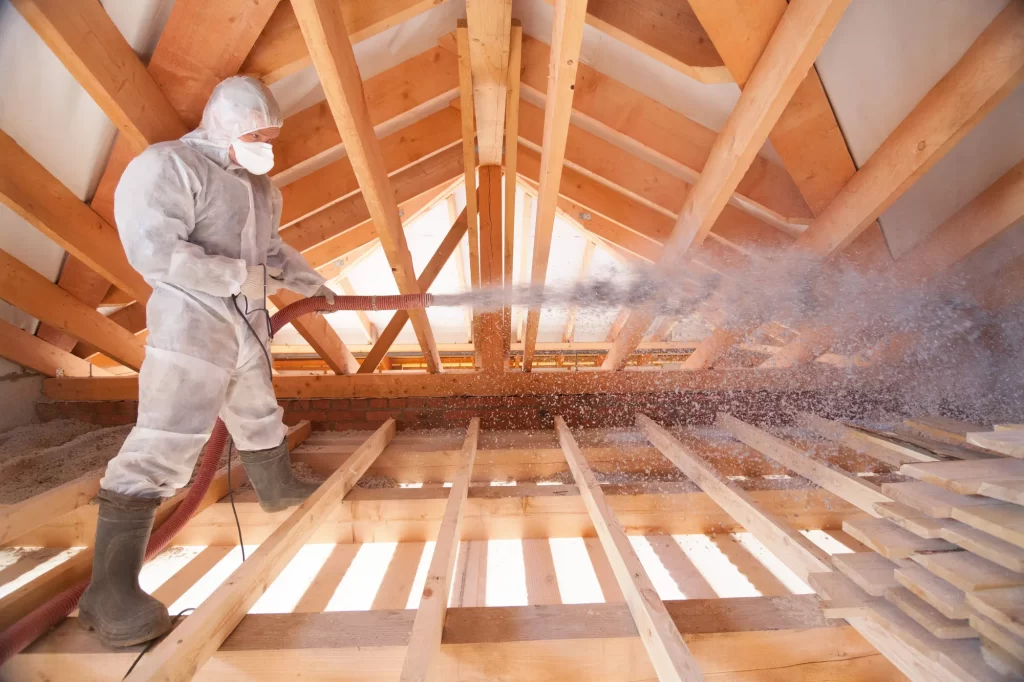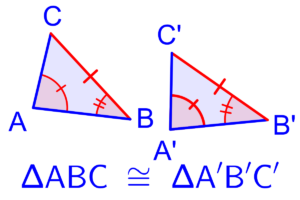
In the pursuit of sustainable living and reducing carbon footprints, eco-conscious homeowners are increasingly turning to environmentally friendly solutions for their homes. One such area gaining prominence is insulation, particularly in attics where heat loss and gain can significantly impact energy consumption. Sustainable attic insulation services offer an eco-friendly alternative that not only provides comfort but also contributes to a greener environment. Attic Insulation specialists in Greenville provide top-notch services to ensure homes stay energy-efficient and comfortable year-round.
Benefits of Sustainable Attic Insulation
Energy Efficiency
Sustainable attic insulation helps regulate indoor temperatures, reducing the need for heating and cooling. By minimizing heat transfer through the roof, it keeps homes cooler in summer and warmer in winter, thereby lowering energy consumption and utility bills.
Cost-Effectiveness
While the initial investment in sustainable insulation may be slightly higher than traditional options, the long-term savings are substantial. Lower energy bills and reduced maintenance costs translate into significant financial benefits over the lifespan of the insulation.
Environmental Impact
Using recycled or natural materials in insulation reduces the demand for new resources and minimizes waste. Additionally, sustainable insulation materials often have lower embodied energy, further decreasing their environmental footprint.
Types of Eco-Friendly Insulation Materials
Recycled Denim
Denim insulation, made from recycled jeans, is a popular choice for eco-conscious homeowners. It offers excellent thermal performance and sound absorption properties while diverting textile waste from landfills.
Cellulose Insulation
Cellulose insulation is primarily composed of recycled paper fibers treated with fire retardants. It provides effective thermal insulation and is resistant to mold, pests, and moisture, making it suitable for attic spaces.
Wool Insulation
Wool insulation, sourced from sheep’s wool, is a natural and renewable material. It offers superior thermal performance, moisture regulation, and fire resistance, making it an eco-friendly option for attic insulation.
Installation Process
Sustainable attic insulation services typically begin with a comprehensive assessment of the property’s insulation needs. This involves evaluating existing insulation, identifying air leaks, and determining the most suitable materials and techniques for installation.
Assessment and Consultation
A professional insulation contractor assesses the attic space, considering factors such as insulation R-value, ventilation, and potential moisture issues. They consult with the homeowner to understand their preferences, budget, and environmental goals.
Preparation
Before installation, the attic is prepared by clearing debris, sealing gaps, and ensuring adequate ventilation. Any existing insulation may be removed or supplemented to improve energy efficiency and thermal performance.
Installation Techniques
The chosen insulation material is installed using specialized equipment and techniques to achieve optimal coverage and effectiveness. Installers pay close attention to detail, ensuring seamless integration with existing structures and minimal disturbance to the home.
Long-Term Savings
Reduced Energy Bills
By minimizing heat loss and gain, sustainable attic insulation significantly reduces the workload on heating and cooling systems, leading to lower energy consumption and utility bills.
Durability of Sustainable Insulation
Unlike conventional insulation materials that may degrade over time, eco-friendly options like recycled denim and wool are durable and resilient. They maintain their thermal performance for extended periods, providing long-term savings and comfort.
Environmental Impact
Reduction of Carbon Footprint
The use of sustainable insulation materials helps mitigate greenhouse gas emissions by conserving energy and reducing reliance on fossil fuels for heating and cooling.
Preservation of Natural Resources
By utilizing recycled and renewable materials, sustainable attic insulation services contribute to the conservation of natural resources and the promotion of a circular economy.
Health Benefits
Indoor Air Quality
Sustainable insulation materials are non-toxic and emit fewer volatile organic compounds (VOCs) than conventional options, improving indoor air quality and occupant health.
Allergy Prevention
By resisting mold, mildew, and pests, eco-friendly insulation reduces the risk of allergic reactions and respiratory issues, creating a healthier living environment.
Regulatory Compliance
Meeting Building Codes and Standards
Professional insulation contractors ensure that installations comply with local building codes and industry standards, providing peace of mind to homeowners and ensuring the safety and efficiency of the insulation system.
Certification and Accreditation
Many sustainable insulation materials carry certifications such as GREENGUARD and ENERGY STAR, verifying their environmental performance and energy efficiency.
Maintenance and Upkeep
Inspection
Regular inspections by qualified professionals help identify any issues with the insulation system, such as settling, moisture intrusion, or damage, allowing for timely repairs or adjustments.
Repair and Replacement
In the event of damage or deterioration, sustainable insulation materials can be repaired or replaced without significant environmental impact, ensuring continued performance and efficiency.
Customer Satisfaction
Enhanced Comfort
Sustainable attic insulation services enhance the comfort of living spaces by maintaining consistent temperatures and reducing drafts, cold spots, and humidity levels.
Positive Feedback and Testimonials
Satisfied customers often share their positive experiences with sustainable insulation, praising its effectiveness, durability, and environmental benefits, which in turn, encourages others to make eco-friendly choices for their homes.
Comparison with Conventional Insulation
Environmental Considerations
While conventional insulation materials offer adequate thermal performance, they often contain harmful chemicals and require significant energy and resources for production. In contrast, sustainable options prioritize environmental sustainability and health.
Performance and Longevity
Although the initial cost of sustainable insulation may be higher, its superior performance and longevity result in greater overall value and savings over time compared to conventional alternatives.
Case Studies
Real-Life Examples of Successful Installations
Case studies highlight the effectiveness and benefits of sustainable attic insulation services in diverse residential settings, showcasing energy savings, improved comfort, and environmental stewardship.
Testimonials from Satisfied Customers
Customer testimonials provide firsthand accounts of the positive impact of sustainable insulation on comfort, energy bills, and overall satisfaction with their homes, serving as valuable endorsements for prospective clients.
Conclusion
Sustainable attic insulation services offer a holistic solution for homeowners seeking comfort, energy efficiency, and environmental responsibility. By utilizing eco-friendly materials, professional installation techniques, and ongoing maintenance, homeowners can enjoy long-term savings, improved indoor air quality, and peace of mind knowing they are contributing to a greener future.




